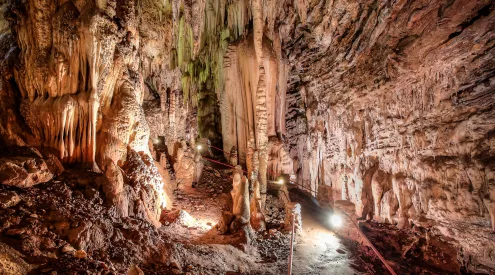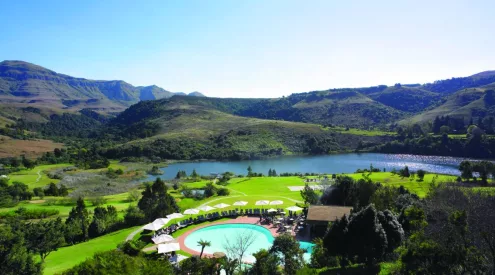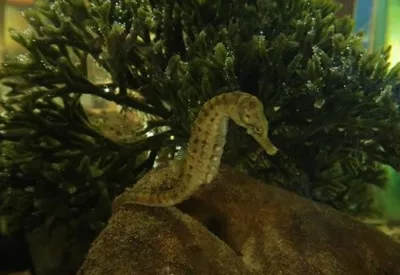The road is the only link between Kargil and Leh and is traversed by creaky busses, massive transport lorries and army trucks.
Indian drivers are good, make no mistake, or they’d be dead long ago. But they’re hooter-besotted tailgaters who think nothing of driving mere metres behind a truck on a narrow hairpin track tooting to pass. I think it’s the one who hoots first who gets right of way, but can’t be sure. Trucks do move over, graciously allowing you to pass on blind rises or round sharp corners.
I looked into the deep valleys and saw no wrecks, so the system must work. Amidst all this, army convoys blasted through, leaving everyone covered in fine dust.
Spitok marked a change of feeling. We had entered the Buddhist area and it was tangible. We stopped at a gompa (monastry) , spun a giant prayer wheel, gazed at a huge stone Buddha and wandered into the building. Lamas, ignoring our presence, chanted and struck gongs beneath ancient, watchful Buddha statues and colourful prayer flags. I sat beside an old fellow, closed my eyes and was swallowed into mindful emptiness by the deep resonance of his hypnotic drumbeat. My co-travellers had to drag me back to the vehicle and material reality.
At a bleak place named Futala we reached the highest point of the journey – 4000 metres. If I did more than walk slowly it was hard to breathe. The marker was festooned with prayer flags and standing around it was a group of hardy bikers on single-cylinder Royal Enfield motorbikes. I wondered how they’d empty their lungs of dust.
Dras, which appeared several hours later, had a sign that proclaimed it the second coldest place on earth. We stopped at a restaurant and I used the restaurant toilet and wished I hadn’t. Nasty!

















